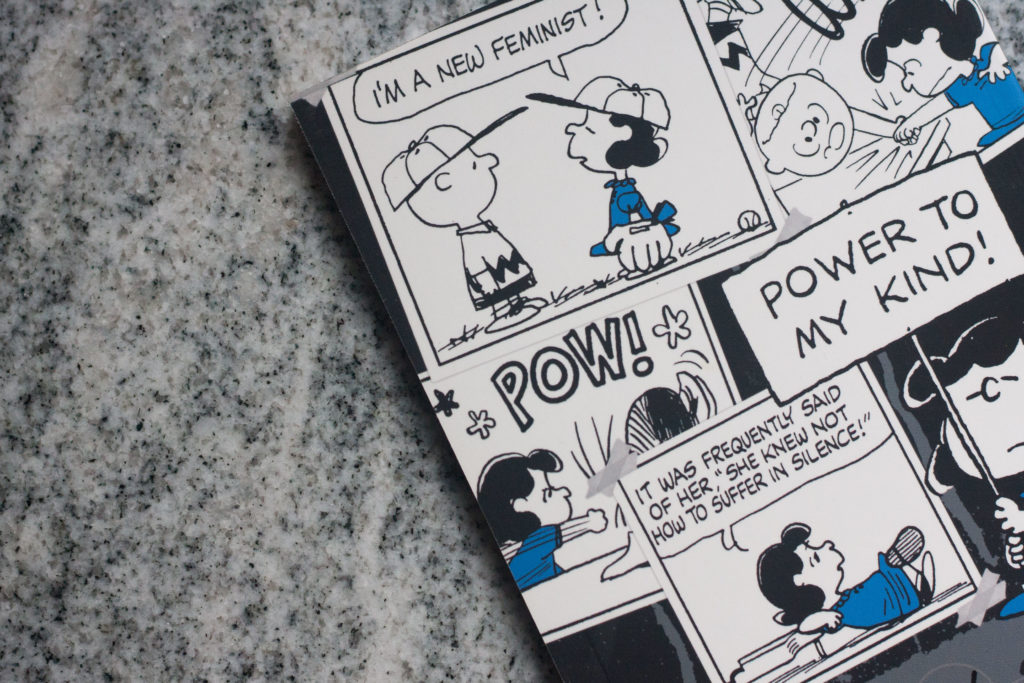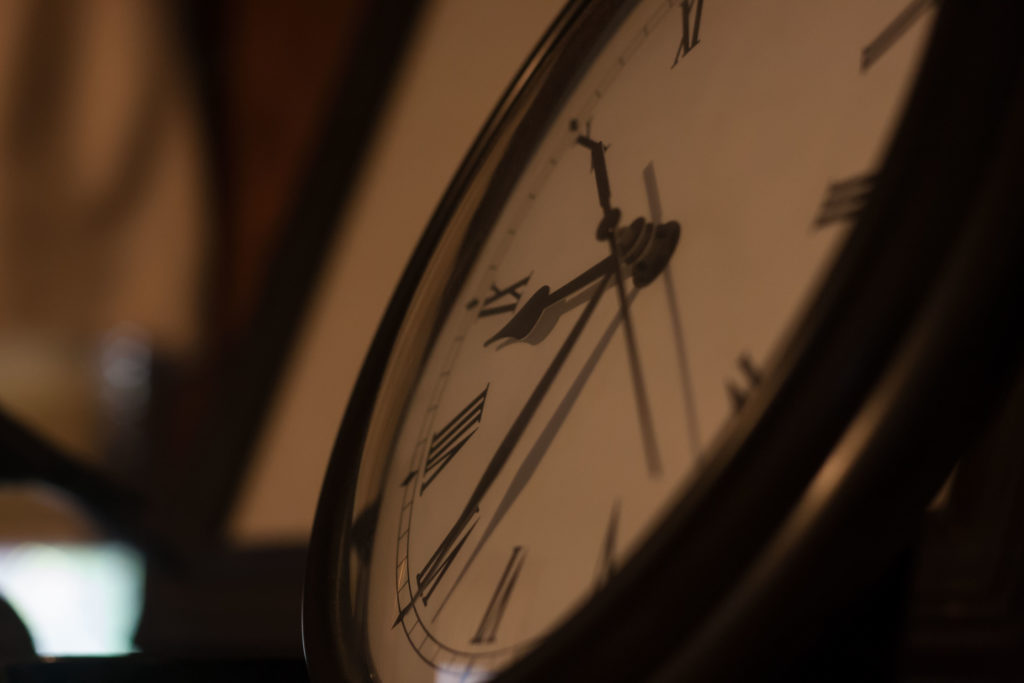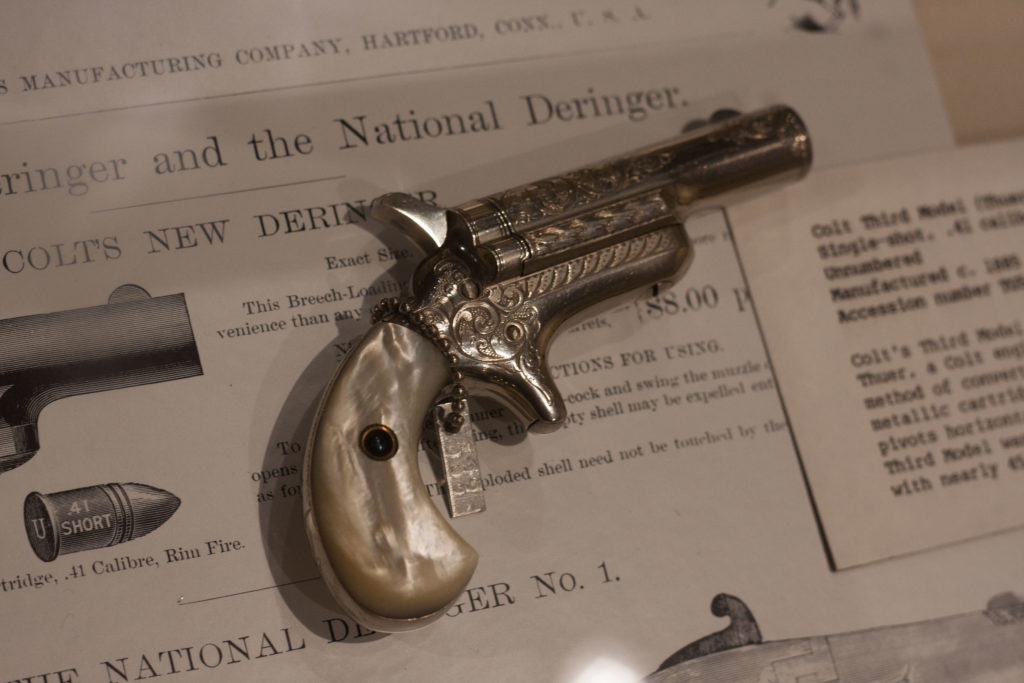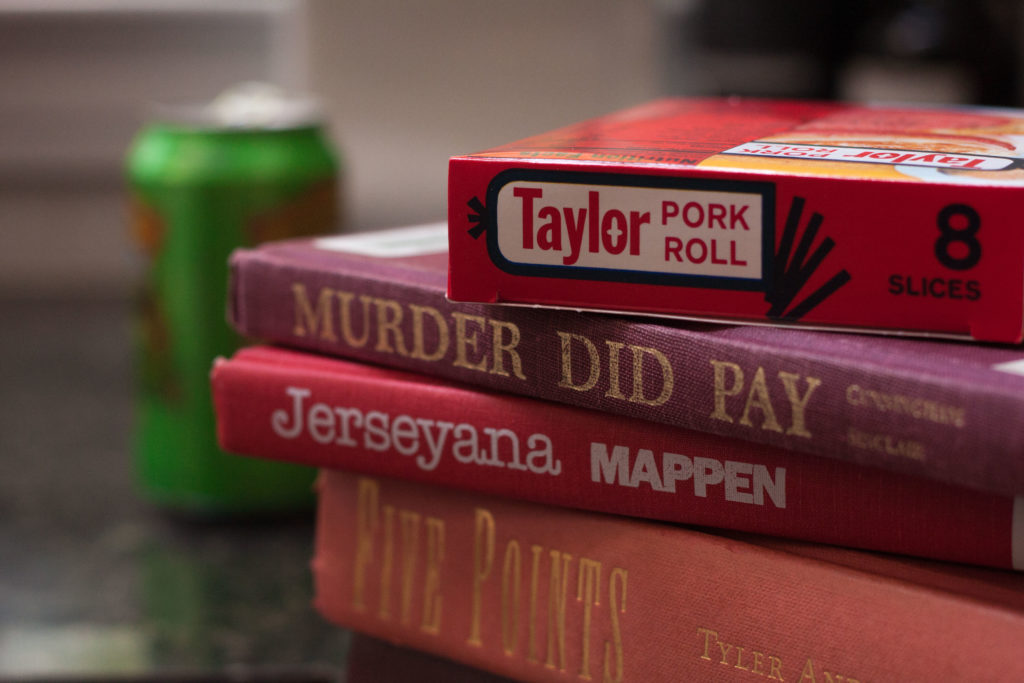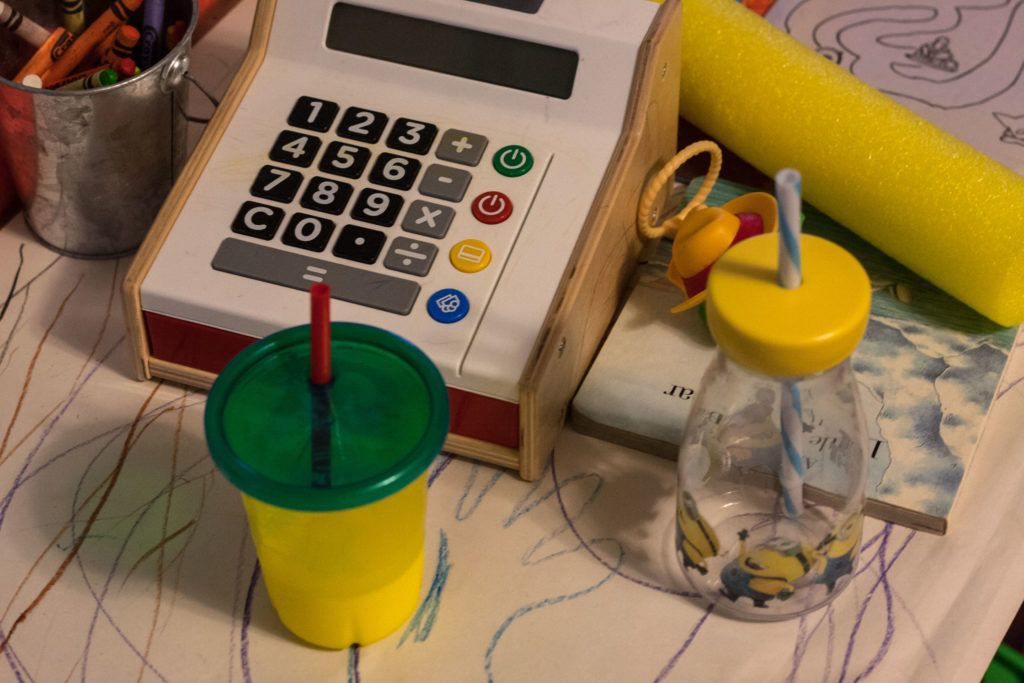Have a drink with: Fanny Fern
Reform yourselves, gentlemen!
Ask her about: Menswear styles for fall
“Fanny Fern” was the pen name of Sarah Willis Parton, a popular 19th century writer who advocated for women’s independence, kept her pencil sharp and her wit sharper, and insisted on being paid handsomely for her output: she got $100 a column, making her the highest-paid newspaper writer in the nation at the time, and was therefore criticized for “certain bold, masculine expressions that we should like to see chastened.”
Like fellow 1800s firebrand Delia Bacon, she was educated by Catherine Beecher and came into her adult fame and abilities after exercising considerable survival skills (her second husband was an abusive turd, and she overcame initial rejection and the opposition of her own family to get herself published).
Clear-eyed and honed sharp by the time she began publishing in her forties, Sarah was a dynamo, and did not shy from conspicuously poking at any hypocrisy or injustice that reared its head within her view.
